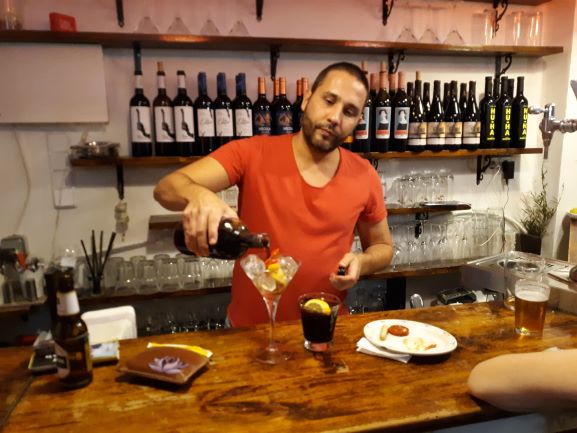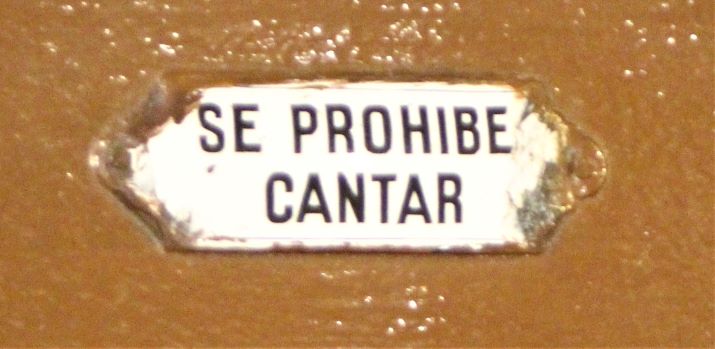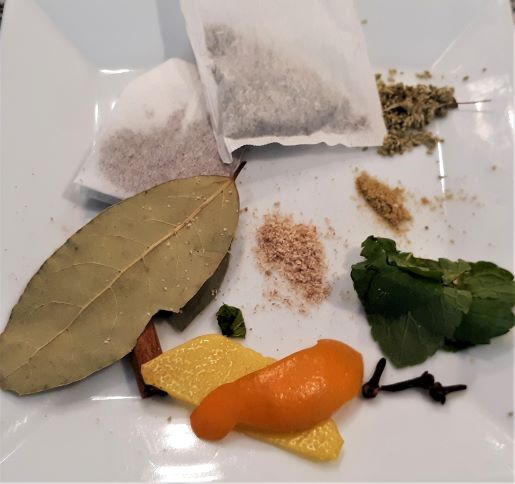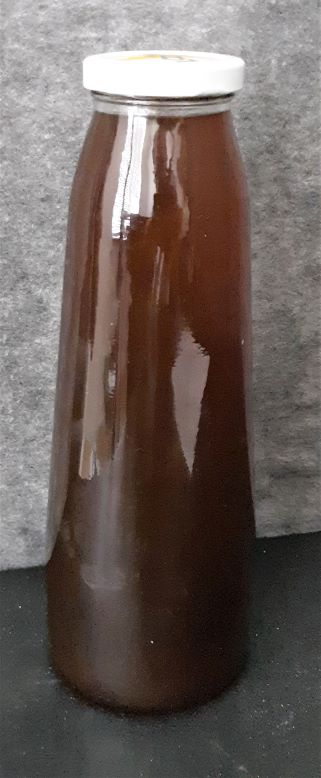Vermouth is enjoying a moment. If you want to make your own batch of the aromatic fortified wine at home, it’s pretty easy. As long as you avoid a few pitfalls.
Vermouth origin story

In 1786, Antonio Benedetto Carpano invented Vermouth in Turin, Italy. As the fortified wine infused with botanicals and aromatics gained popularity, it began showing up in cocktails all over the city. From this, Turin’s famous aperitivo was born.
Today, Italy and France are the largest producers of sweet and dry vermouth. And, vermouth is one of the main components in cocktails like the martini, the Manhattan, and the Rob Roy.
Vermouth in Madrid
In Madrid, vermouth is served in a completely different fashion. You’ll have it straight up, served chilled or over ice. Sometimes, folks will enjoy their vermouth with a bit of tonic.

Most bars in Madrid will have their own house made vermouth on tap (Vermut de grifo), served straight from the barrel. Recipes and ingredients vary, so it is a lot of fun to go from place to place and sample the different kinds of vermouth on offer.

My favorite place for house made Vermouth is El 7 de la Cava. It’s a little hole in the wall with a rotating menu of Vermut Casero (house vermouth). In addition to a great selection of vermouth, the atmosphere is chill and you get a little tapas with each drink you order (a practice that used to be customary, but now is more of a rarity in Madrid).
Another great spot is Casa Labra. Known for their fried cod tapas, they also have good vermouth. On the wall of Casa Labra is a sign reading “Se Prohibe Cantar” (No Singing). The story I was told was that back in the day, people were not allowed to sing in bars. The reasoning went that singing could lead to more rowdy, drunken antics. In some places with a sense of humor, like Casa Labra, the sign remains.
Making vermouth at home


With travel out of the picture due to Covid-19, I’ve been looking for ways to indulge my foodie passions at home. One way to is make homemade liqueurs. I’ve been making Limoncello at home for 25 years, but never considered making vermouth until recently.
The good folks at Devour Tours have a series of online foodie experiences. One of these online experiences is a vermouth making class with artisan producer Luke. His recipe for making vermouth at home is easy to follow and makes an excellent vermouth.
Here’s what I learned from making Luke’s vermouth recipe at home.
First, be sure to master the basic recipe before trying to experiment. Luke has an express method and slow maceration method. I’d suggest doing the express method to start. That way you can get a good idea of what you like and don’t like without having to wait days for the final product.
Second, spend money on the ingredients, but not the wine. This isn’t the time to break out the Château d’Yquem. Instead, get a relatively inexpensive white wine. In the end, you’ll be tasting more of the botanicals and less of the grape.
Third, once you’ve mastered the basic recipe, experiment like crazy. You’ll soon discover how easy it is to make vermouth. So, you’ll want to make batches of the stuff with different ingredients to create wildly different flavors. Edible flowers, like orange blossom are especially good in vermouth. Stronger flavors like chile peppers work well (in moderation), too.
Lastly, don’t freeze your vermouth. Yes, it’s best served chilled or over ice. But, unlike limoncello, which has a much higher alcohol content, vermouth will freeze solid in the freezer. Trust me, I learned the hard way.
About the Author

Brent Petersen is the Editor-in-Chief of Destination Eat Drink. He currently resides in Setubal, Portugal. Brent has written the novel “Truffle Hunt” (Eckhartz Press) and the short story collection “That Bird.” He’s also written dozens of foodie travel guides to cities around the world on Destination Eat Drink, including in-depth eating and drinking guides to Lisbon, Porto, Sintra, Monsaraz, and Evora in Portugal. Brent’s podcast, also called Destination Eat Drink, is available on all major podcasting platforms and is distributed by the Radio Misfits Podcast Network.
